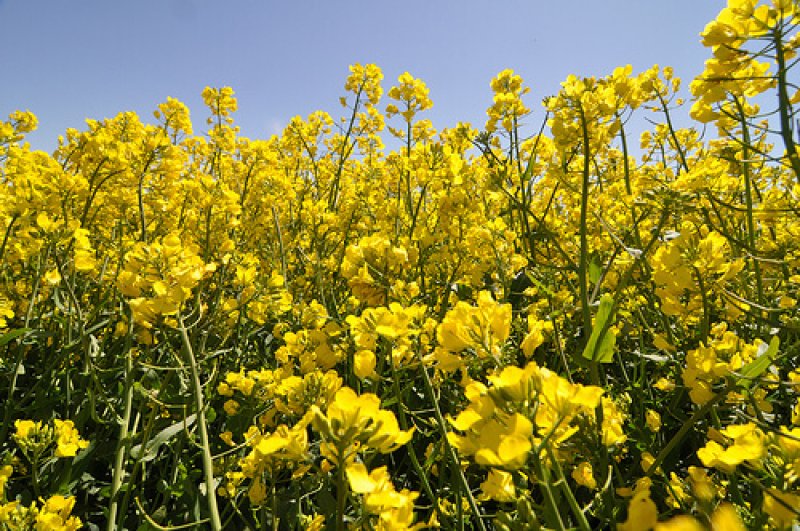The following is an excerpt.
Countries in the European Union (EU) are losing ground in the international race to grow more food on increasingly scarce land. This has serious and urgent implications for the EU science base and the environment, as well as for domestic food security, employment and economic growth. It is down to the slow and expensive way that the continent regulates genetically modified (GM) organisms.
The region must now base its regulations in this area on sound science, as it has promised to do. An early test of this commitment will be the EU’s approach to the next generation of crop genetic-improvement technologies that allow scientists to generate plant varieties with desired traits more precisely, rapidly and efficiently than with conventional breeding.
Read the full story here (PDF): Europe should rethink its stance on GM crops
Additional Resources:
- “EASAC warns EU policy on GM crops threatens the future of our agriculture,” European Academies Science Advisory Council































